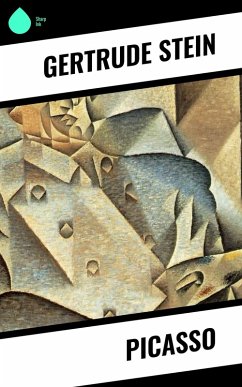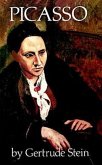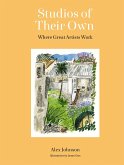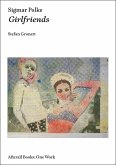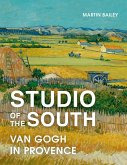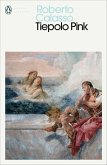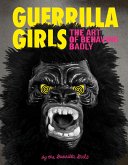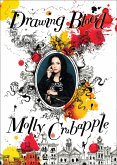In "Picasso," Gertrude Stein presents an innovative literary exploration that transcends conventional art criticism and delves into the psyche of the renowned artist Pablo Picasso. Written in her signature fragmented style, the book eschews traditional narrative structures, offering readers a rich tapestry of impressions, musings, and observations about Picasso's work and its impact on modern art. Stein's prose is imbued with a lyrical quality, characterized by repetitive phrases and a focus on the rhythm of language, evoking the vibrancy and dynamism of Picasso's artistic environment in early 20th-century Paris. Stein, an influential figure in the avant-garde movement, was a close friend and confidante of Picasso, which profoundly informed her perspective. Her experiences in the bohemian circles of Paris, coupled with her own pursuits in both visual art and literature, provided a unique lens through which she articulated the complexities of Picasso's genius. Having gathered a formidable collection of his works and frequently interacted with key artists of the time, Stein's insights are as much autobiographical as they are critical, reflecting the cultural shifts of her era. "Picasso" is an essential read for anyone interested in the intersections of literature and art, offering a profound understanding of Picasso through the eyes of one of his contemporaries. Stein's work invites readers not only to appreciate Picasso's artistry but also to reflect on the nature of creativity itself. This book is a celebration of artistic brilliance, a deep dive into the revolutionary ideas that shaped modern art, making it a vital addition to the library of both literary and art enthusiasts.
Dieser Download kann aus rechtlichen Gründen nur mit Rechnungsadresse in A, B, BG, CY, CZ, D, DK, EW, FIN, F, GR, HR, H, IRL, I, LT, L, LR, M, NL, PL, P, R, S, SLO, SK ausgeliefert werden.

